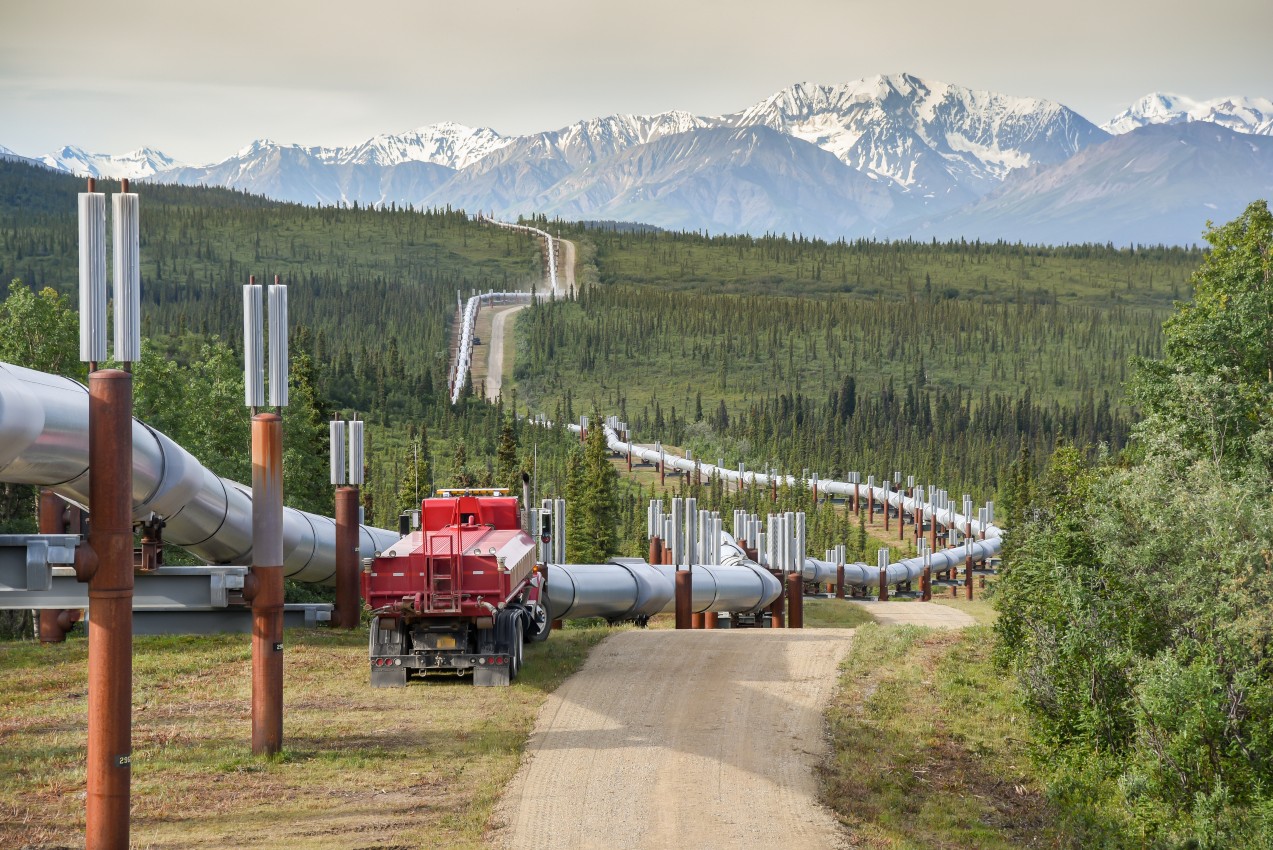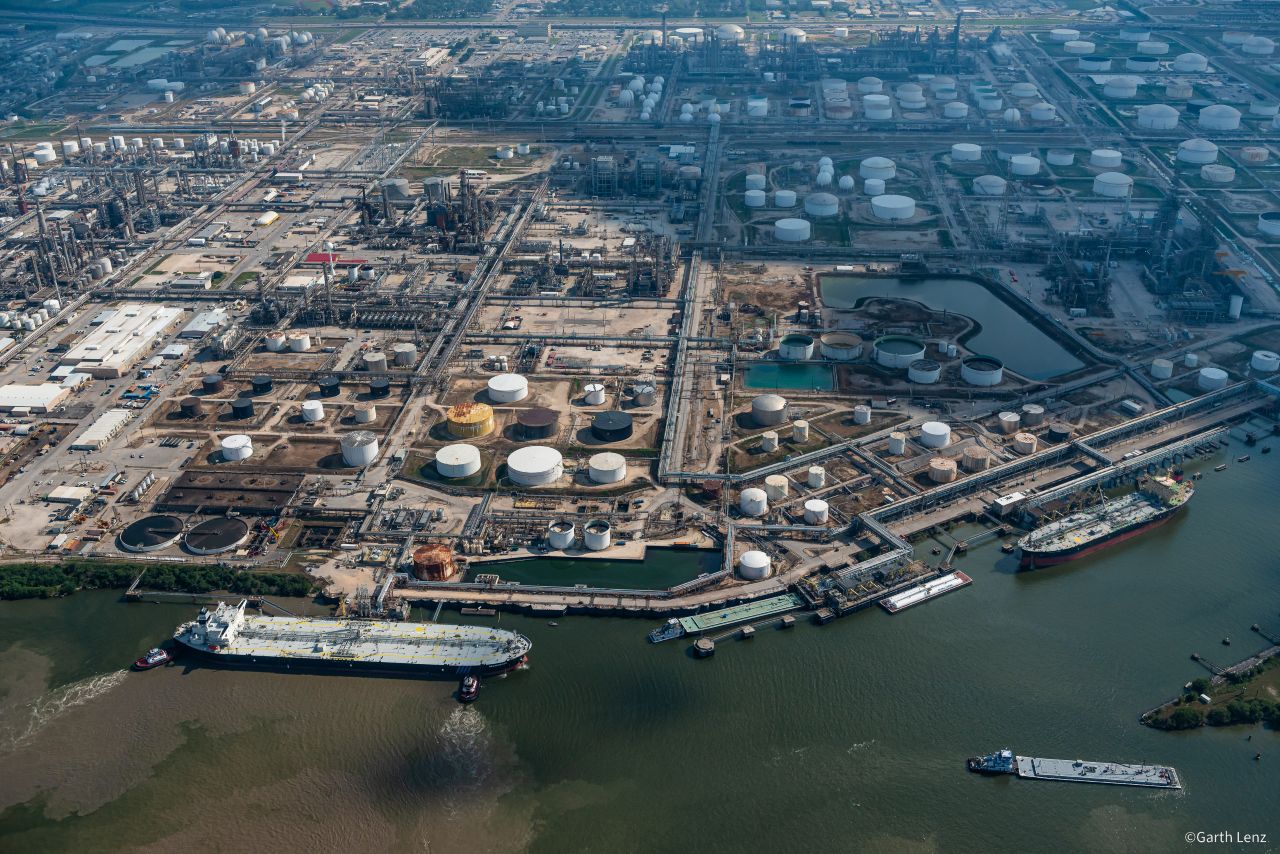As Mountain Valley Pipeline races to completion, construction leaves muddy mess in Virginia waterways

As construction crews rush to complete the controversial Mountain Valley Pipeline in Virginia, advocates are calling on state and federal authorities to stop work on the project, citing evidence that the company again caused erosion that polluted waterways with sediment.
Advocates showed photos of formerly clear springs and creeks that looked like chocolate milk during a recent call organized by Virginia-based group Protect Our Water, Heritage, Rights (POWHR). Kellie Ferguson, the group’s community organizer who lives in Giles County, west of Roanoke, said the company’s construction runoff entered underground aquifer systems and began emerging in nearby waterways.
“It took almost a week for [the company] to address the devastation that they had caused or to even pretend to fix it,” Ferguson said on the call.
The pipeline is a joint venture among Pittsburgh-based Equitrans; NextEra Energy, a Florida company that owns multiple utilities and other energy companies; as well as smaller firms WGL Midstream and RGC Midstream. It will deliver gas from the Marcellus and Utica shale formations in Pennsylvania, Ohio, and West Virginia to states along the middle and southern Atlantic Coast by connecting Equitrans’ pipeline network to the Transco pipeline in Pittsylvania County, Virginia. The pipeline could transport up to 2 billion cubic feet of gas per day.
First proposed in 2014, the project has faced repeated delays and lawsuits by environmental groups. However, with the pipeline backed by West Virginia Democratic Sen. Joe Manchin and Republican Sen. Shelly Moore Capito, Congress cleared a way for it to proceed as part of a June 2023 budget compromise. As of Jan. 26 Mountain Valley Pipeline said work along the entire 303-mile route is 63 percent complete.
However, Equitrans on Tuesday announced it was planning to finish the pipeline in the second quarter of 2024 at a cost of $7.57 billion to $7.63 billion. The company had revised its previous cost estimate of $7.2 billion and a completion date in the first quarter of this year. Equitrans had originally projected finishing the pipeline in 2018 at a cost of $3.5 billion.
Meanwhile, Mountain Valley Pipeline LLC is still planning an additional pipeline leg stretching south into North Carolina known as the Southgate extension. That project was unaffected by the 2023 Congressional compromise that pushed through the main 303-mile route. The Federal Energy Regulatory Commission greenlighted the extension in 2020 and in 2023 approved a request to allow the company until June 18, 2026, to complete construction. However, North Carolina regulators have three times rejected the company’s stream crossing permits in that state, most recently in 2021.
Advocates’ complaints center on what they say are shoddy construction and erosion control practices that have damaged streams and drinking water supplies.
In a Feb. 8 letter to the Virginia Department of Environmental Quality, 29 environmental organizations included photos of brown-colored runoff in Sinking Creek, and Bottom Creek in Roanoke County, a stream the state has designated an “exceptional resource water.” The photos show muddy water entering the streams at various times between December 2023 and early February.
In Sinking Creek, muddy runoff began flowing from a spring that normally produces clear water, according to photos shared by advocates and nearby landowners. Advocates say this water made its way from the pipeline’s construction site to springs and streams via well-documented underground conduits.

Georgia Haverty, an apple farmer whose land in Giles County is bisected by 10 acres of pipeline right of way, said that the surrounding landscape is made up of limestone riddled with caves and underground streams – a highly sensitive type of water-soluble terrain known as karst. She showed photos during the Feb. 13 video call of cave explorers rappelling hundreds of feet into a cavern on her property.
Virginia Department of Environmental Quality spokeswoman Julia Raimondi said in an email on Thursday that the brown, sediment-laden water was “a temporary impact due to construction activity.” She said the sedimentation at the spring on Sinking Creek occurred for eight days, but that the spring has flowed clear since Feb. 10.
She added that Mountain Valley Pipeline “implemented emergency mitigation measures at Sinking Creek to minimize the sediment entering the creek.... The sedimentation has ceased and all mitigation measures have been removed,” Raimondi said.
Raimondi added that a karst specialist with the Virginia Department of Conservation and Recreation has been working with the company’s karst specialists “to try to isolate the underlying cause,” she said. “At this time, the sedimentation at the spring cannot be attributed to any noncompliance on the project,” Raimondi said. "DEQ is still evaluating circumstances around this incident.”
A Mountain Valley Pipeline spokeswoman told the Roanoke Times the company is “actively addressing the situation in an effort to protect the surrounding resources and alleviate community concerns.”
Landowners’ concerns include not only sediment in the streams, but also the use of eminent domain to acquire private property against their wishes. Local residents also say they are worried about the risk of pipeline ruptures and explosions to those living nearby. Bob Jones, a resident of Montgomery County, Virginia, and retired Virginia Tech engineering professor, described how the pipeline passes only 175 feet from his home, with seven other families living within a potential nearby blast radius.
“Our lives are on the line, and our neighbor's lives are on the line,” Jones said in the Feb. 13 call. “Not a very comforting thought at all.”
Mountain Valley Pipeline’s website asserts it follows all federal pipeline safety regulations and has agreed to voluntary measures to prevent the pipeline from corroding.
“Once in service, the pipeline will be patrolled, monitored, inspected, and maintained by Equitrans Midstream – with regular inspections occurring to ensure pipeline integrity,” the website states.
So far, the company’s inspections have not been enough. Over the past five years, Equitrans has had multiple run-ins with state and federal regulatory agencies because of water pollution violations. In 2019, the company agreed to a $2.15 million penalty to settle allegations with the Virginia Department of Environmental Quality that it did not use proper techniques to prevent erosion and allowed sediment to enter Virginia waterways. The penalty was among the highest ever imposed in Virginia, officials said at the time.
Raimondi said the department sends letters to companies at the end of each quarter “for potential findings of noncompliance.” Mountain Valley Pipeline received its most recent “demand letter” from the department in the third quarter of 2023, “mostly for not completing corrective actions within the established time frame,” Raimondi said.
In West Virginia, the company also received $569,000 in penalties after racking up at least 46 water quality violations over two years. In April 2023, the 4th Circuit Court of Appeals revoked the company’s water crossing permit in West Virginia, siding with the Sierra Club and other environmental groups that sued in January.
But in Virginia, an appeals court last year upheld the water crossing permits the Department of Environmental Quality issued for Mountain Valley Pipeline, saying that regulators had properly vetted the permits before issuing them. The commonwealth has not taken any enforcement action against the pipeline since its 2019 settlement, records show.
Advocates are now asking that the Virginia Department of Environmental Quality use its authority to stop work on the pipeline. The department last did so in 2019 when inspectors found crews were not using proper erosion controls. The Federal Energy Regulatory Commission also halted work later that year in response to court rulings at the time.
“Despite the fact that MVP has been allowed to rip and blast through the countryside and our waters for extended periods since early 2018, it has yet to correct its plans and its behavior in a way that avoids the very same kind of violations first seen six years ago,” the letter from the environmental groups states.
Whether the pipeline can expand farther south into North Carolina remains an open question. In filings to the Securities and Exchange Commission and the Federal Energy Regulatory Commission on Dec. 29, Equitrans said it planned to redesign the Southgate pipeline from a 75-mile route to a 31-mile route.
This change would eliminate the need for an additional compressor station and require “substantially fewer water crossings” in North Carolina, it states. However, the company is also proposing widening the pipeline, allowing it to transport nearly 50 percent more gas than originally authorized.
The Southgate extension would ship gas to PSNC, a North Carolina gas distributor recently sold by Dominion Energy, a Virginia company, to Canadian pipeline company Enbridge. In October 2023, PSNC submitted a request to North Carolina regulators to provide gas to Duke Energy to supply gas power plants in Person County, in the north central part of the state.
The new project is already raising red flags. Fifty representatives from the North Carolina General Assembly, representing landowners and affected communities, urged the Federal Energy Regulatory Commission in a Feb. 9 letter to require a new application for the redesigned Southgate project, alongside a robust and transparent environmental review.
“Regardless of the specific customer, the bottom line is that the redesigned Southgate Project will deliver a substantially greater volume of gas for a different purpose than the Commission approved in 2020… it is a new pipeline, one with a different purpose and different environmental impacts, including an increased contribution to the climate crisis,” the legislators wrote.
Photos: A normally clear spring discharges muddy water into Sinking Creek, in Giles County, Virginia, on Jan. 31, 2024 (lead photo) and Feb. 4, 2024 (second photo). Photos courtesy of Protect Our Water, Heritage, Rights/Mountain Valley Watch.















